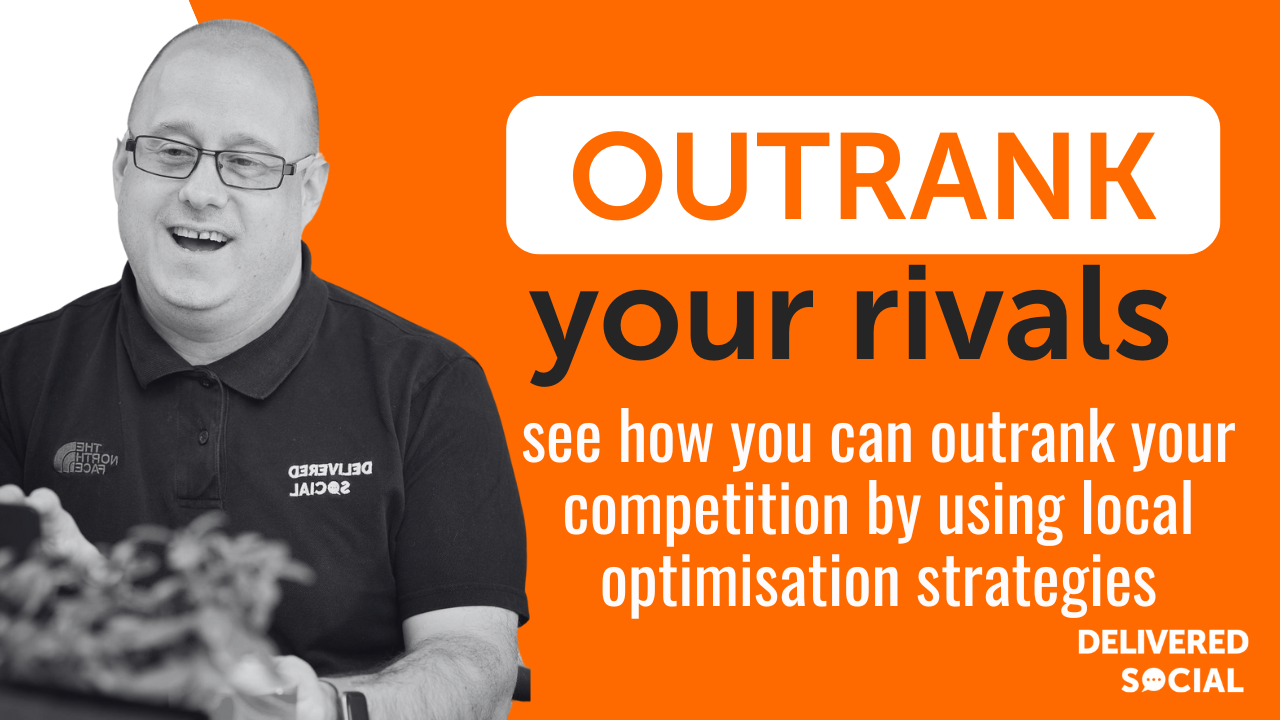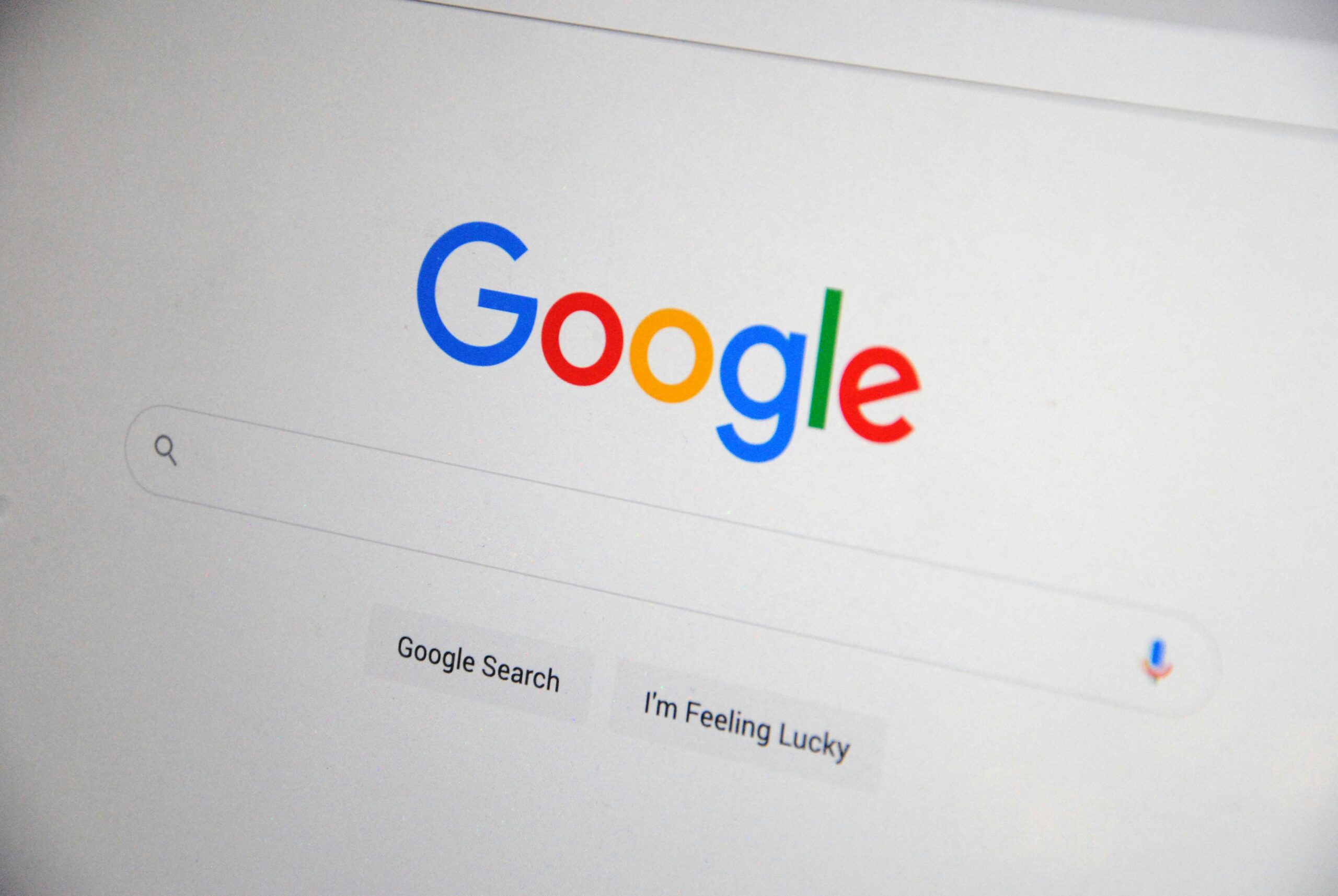
Want to outrank your competitors with SEO? The key is localisation. If your business isn't appearing at the top of search results for local searches, you're losing customers to competitors who have optimised for SEO localisation for businesses. Whether you run a small local shop or a nationwide company with multiple locations, local SEO strategies can improve visibility, increase traffic, and drive more sales.
Google prioritises businesses that provide relevant, location-based content, making SEO localisation one of the most effective ways to outrank your competition with SEO. If your competitors are ranking higher than you, it's likely because they have optimised for Google My Business, local keywords, citations, and backlinks from trusted local sources.
Many businesses focus on general SEO techniques without considering the power of local search optimisation. However, over 46% of all Google searches are looking for local information, meaning that ranking higher in local results can bring in more targeted traffic and customers who are ready to buy.
This article will explain how to use SEO localisation for businesses to outrank competitors, improve search rankings, and drive local traffic. We'll cover how to optimise your Google My Business profile, use local keywords effectively, and build high-quality local backlinks.
If you want your business to show up in more searches, attract more customers, and leave competitors behind, then focusing on SEO localisation is the smartest approach.


The Role Of Backlinks And Citations In SEO Localisation For Businesses
To outrank your competitors with SEO, backlinks and citations play a crucial role in establishing credibility and authority. Google considers backlinks from reputable sources as a sign that your business is trustworthy and relevant, while citations help confirm your business's legitimacy and location. If your competitors are ranking higher, they may have stronger backlink profiles and more consistent citations across the web.
How backlinks improve local SEO: Backlinks act as votes of confidence from other websites. The more high-quality, locally relevant backlinks a business has, the more Google sees it as a trusted authority. However, not all backlinks are equal—links from spammy or low-quality sites can do more harm than good.
How to build strong local backlinks:
- Partner with local businesses and directories: Reach out to local news websites, chambers of commerce, and business directories to secure high-authority backlinks.
- Write guest posts for industry-related sites: Contribute to local blogs or news platforms to establish authority while gaining valuable backlinks.
- Sponsor local events or charities: Many event websites offer backlinks to business sponsors, which boost credibility and local visibility.
- Encourage mentions from local influencers: Collaborate with local content creators or industry experts who can link to your website.
The importance of citations for local SEO: Citations are online references to your business name, address, and phone number (NAP) on directories like Google My Business, Yelp, Bing Places, and local business listings. Google uses citations to verify a business's legitimacy and ensure consistency across multiple platforms.
How to optimise citations for SEO localisation for businesses:
- Ensure NAP consistency: Your business's name, address, and phone number must be identical across all listings. Even small variations can confuse Google and impact rankings.
- Submit to high-authority directories: Focus on trusted directories like Google My Business, Yelp, Bing Places, Trustpilot, and local industry-specific directories.
- Update outdated or incorrect information: Regularly check your citations and correct any inconsistencies to maintain credibility and search visibility.
Why backlinks and citations matter for local SEO: Google ranks businesses with strong local backlink profiles and accurate citations higher because they demonstrate authority, trust, and relevance. If a competitor has more high-quality backlinks and consistent citations, they will likely appear above you in local searches.
By building strong backlinks and maintaining accurate citations, businesses can improve SEO localisation for businesses and secure higher rankings in local search results.
Struggling to improve your website's search rankings? Our in-depth guide on how to get your website higher on Google search covers the best SEO strategies, from optimising your content to choosing the right hosting package. Whether you're a small business or an established brand, these proven tips will help you increase visibility, boost traffic, and climb the search rankings.
Get Found Locally And Outrank Your Competitors With SEO
Winning the battle for local search rankings is not about luck. To outrank your competition with SEO, businesses must focus on SEO localisation for businesses, ensuring they appear in front of the right audience at the right time.
We've covered key strategies to help businesses improve their local rankings, including optimising Google My Business, using local keywords, creating high-quality local content, and building strong backlinks and citations. These tactics increase visibility, boost engagement, and drive more traffic from local searches.
If your competitors are ranking higher than you, it's because they have a stronger local SEO strategy. Instead of losing potential customers, now is the time to take action and improve your local search presence.
At Delivered Social, we specialise in helping businesses rank higher in local search results, ensuring that your brand is found by the right customers. Whether you need Google My Business optimisation, local content creation, or a strong backlink strategy, we can help you implement an SEO plan that delivers real results.
Want to know where your business stands? Pop into our free Social Clinic for a full SEO assessment and expert advice – all at no cost to you. Book your free session today and start climbing the search rankings.
Interested In Working Together?
Introducing Delivered Social. We're The Most-Rated Digital Agency In Surrey & Hampshire – We've Got To Be Doing Something Right.
Delivered Social is a digital marketing agency with one mission—to help businesses grow. We're famous in Guildford and Portsmouth for our social clinics. We believe in free advice. We build lasting relationships because our team prides itself on being helpful, which our clients appreciate.
If you are looking for a new website or an agency to manage your social media presence, we can help.
If you need something slightly different, here's a super handy list of all our services, or you can always email us.























